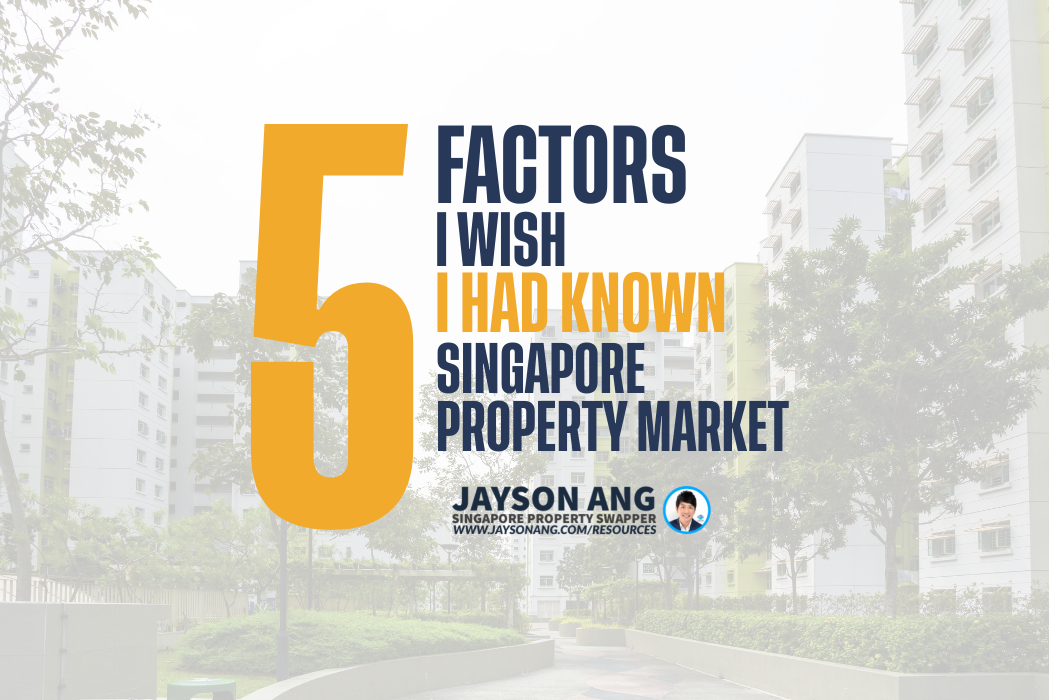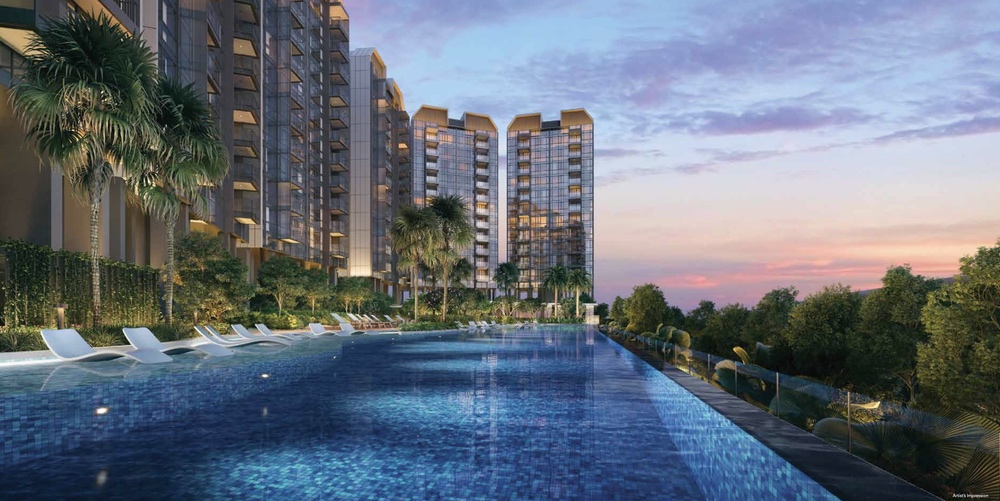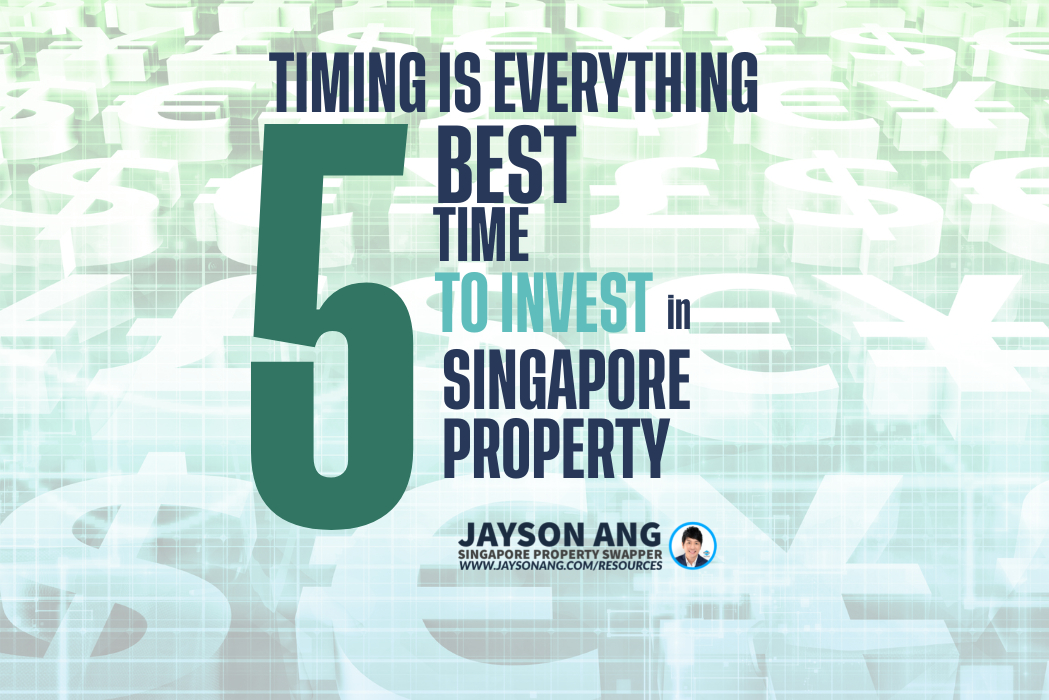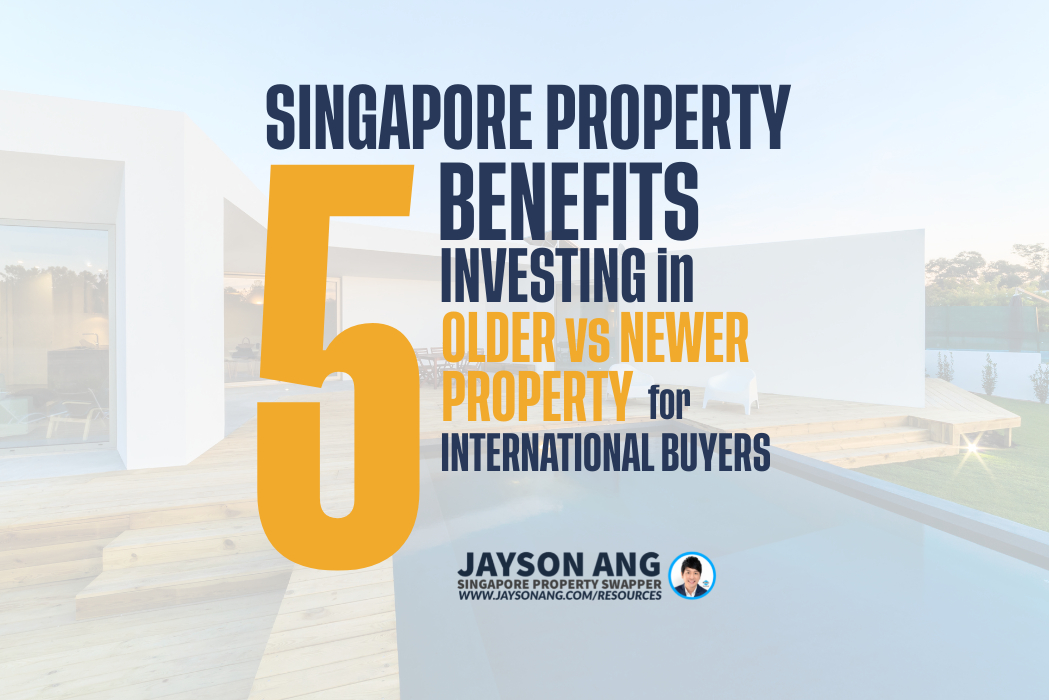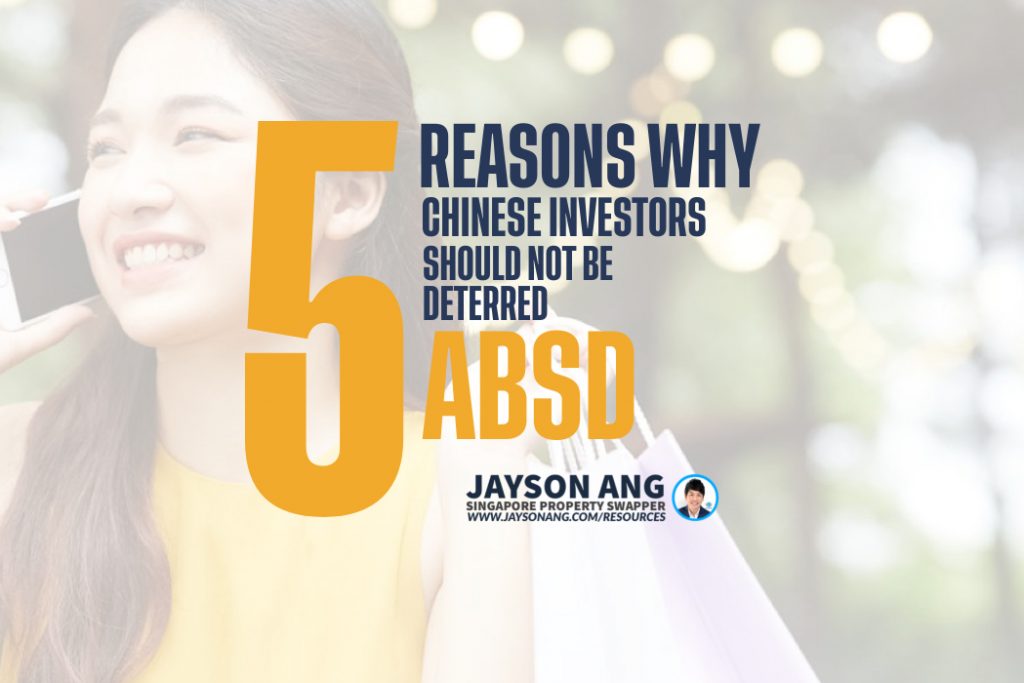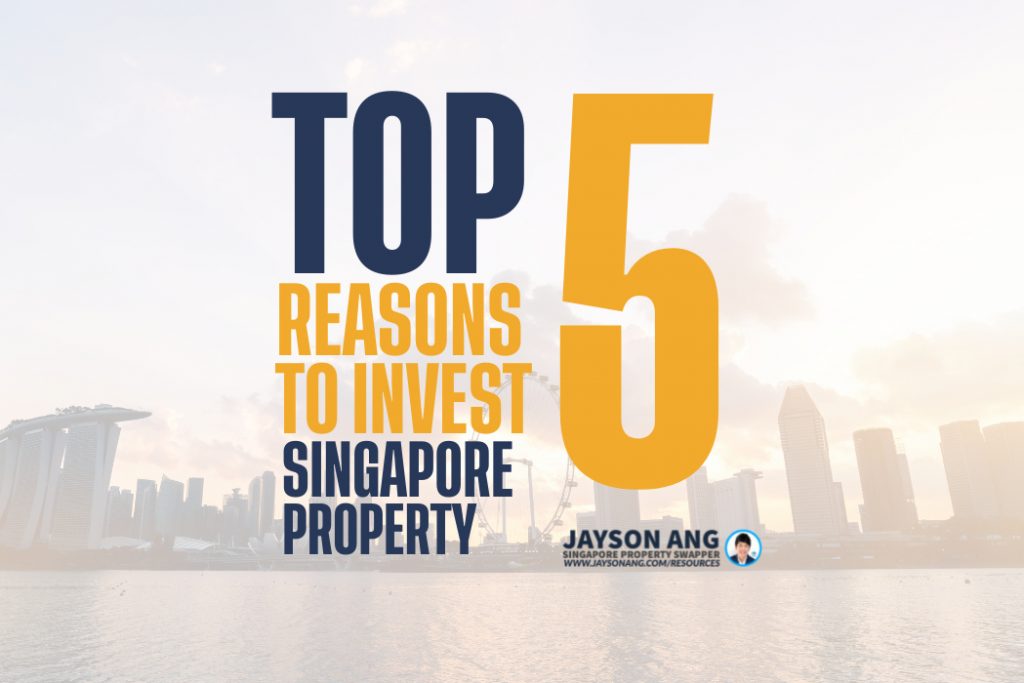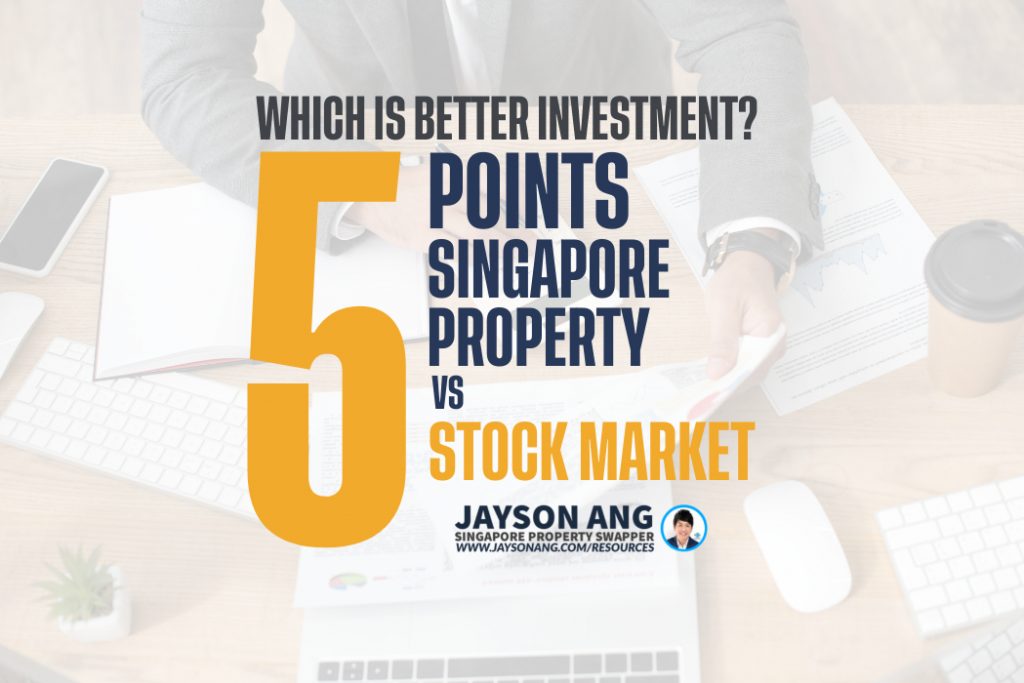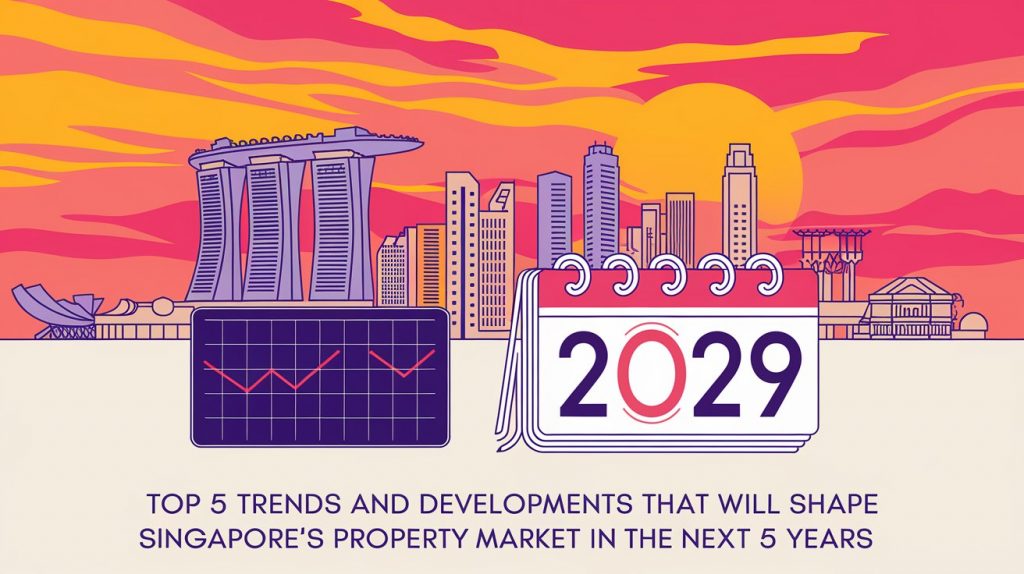Singapore’s property market has always been an attractive investment option for both local and foreign investors. With its stable economy, strategic location, and limited land supply, the real estate sector in Singapore offers promising long-term returns. However, before diving into the world of property investment, it is essential to understand the factors that influence the market.
We will discuss the top five factors that every investor should consider when investing in Singapore’s property market.
1. Economic Climate:
The economic climate plays a significant role in determining the performance of the property market. A thriving economy attracts more businesses and expatriates, leading to higher demand for residential and commercial properties. Singapore’s strong economic fundamentals, openness to foreign investment, and pro-business government policies have contributed to its property market’s resilience despite global economic challenges.
2. Government Policies:
Government policies can have a substantial impact on property prices. For instance, the cooling measures implemented in 2018 aimed at curbing aggressive property price growth led to the imposition of a hefty 30% Additional Buyer’s Stamp Duty. Investors should stay updated on any changes in government policies that may affect the property market and adjust their investment strategies accordingly.
3. Scarcity of Land:
With limited land supply, Singapore faces a constant challenge in meeting the growing demand for properties. This scarcity of land contributes to the appreciation of property values over time, making it a safe long-term investment. Investors should consider the potential for future developments, such as new business parks or lifestyle facilities, which could further boost property values in specific areas.
4. Location:
Location is a crucial factor when investing in Singapore’s property market. Properties near the Central Business District, international schools, or transportation hubs are generally more desirable due to the convenience they offer. High demand from expatriates and locals alike can lead to higher rental income and potential capital gains for well-located properties.
5. Property Types and Tenure:
Understanding the different property types and their respective pros and cons is essential for making informed investment decisions. Residential, commercial, retail, industrial, and REITs are the five major types of property investments in Singapore. Additionally, the tenure of a property (freehold or leasehold) may also impact its long-term value and potential for capital gains.
Investing in Singapore’s property market can be a rewarding venture if done with careful consideration of the various factors that influence the market. By understanding the economic climate, government policies, land scarcity, location, and property types, investors can make well-informed decisions and maximize their return on investment. As with any investment, it is crucial to conduct thorough research and seek professional advice when necessary to ensure success in the ever-evolving Singapore property market.
Should You Buy, Sell or Wait?
If you’re reading this, you must be trying to figure out the best course of action right now: is it the right time to buy or sell?
It’s difficult to give an exact answer since everyone’s situation is unique and what works for one person may not necessarily work for you.
I can bring you a wealth of on-the-ground experience and a data-driven approach to provide clarity and direction. From beginners to experienced investors, our top-down, objective approach will help you on your real estate journey.
I can help you by:
- Offering Strategic Real Estate Advice – I can help create a comprehensive plan to guide you through your property journey.
- Connecting Your Home with the Perfect Buyers – Through stunning visuals, an effective communication strategy, and an in-depth knowledge of the market, we’ll ensure your home is presented in the best possible way to fulfill your goals.
You May Also Like …

